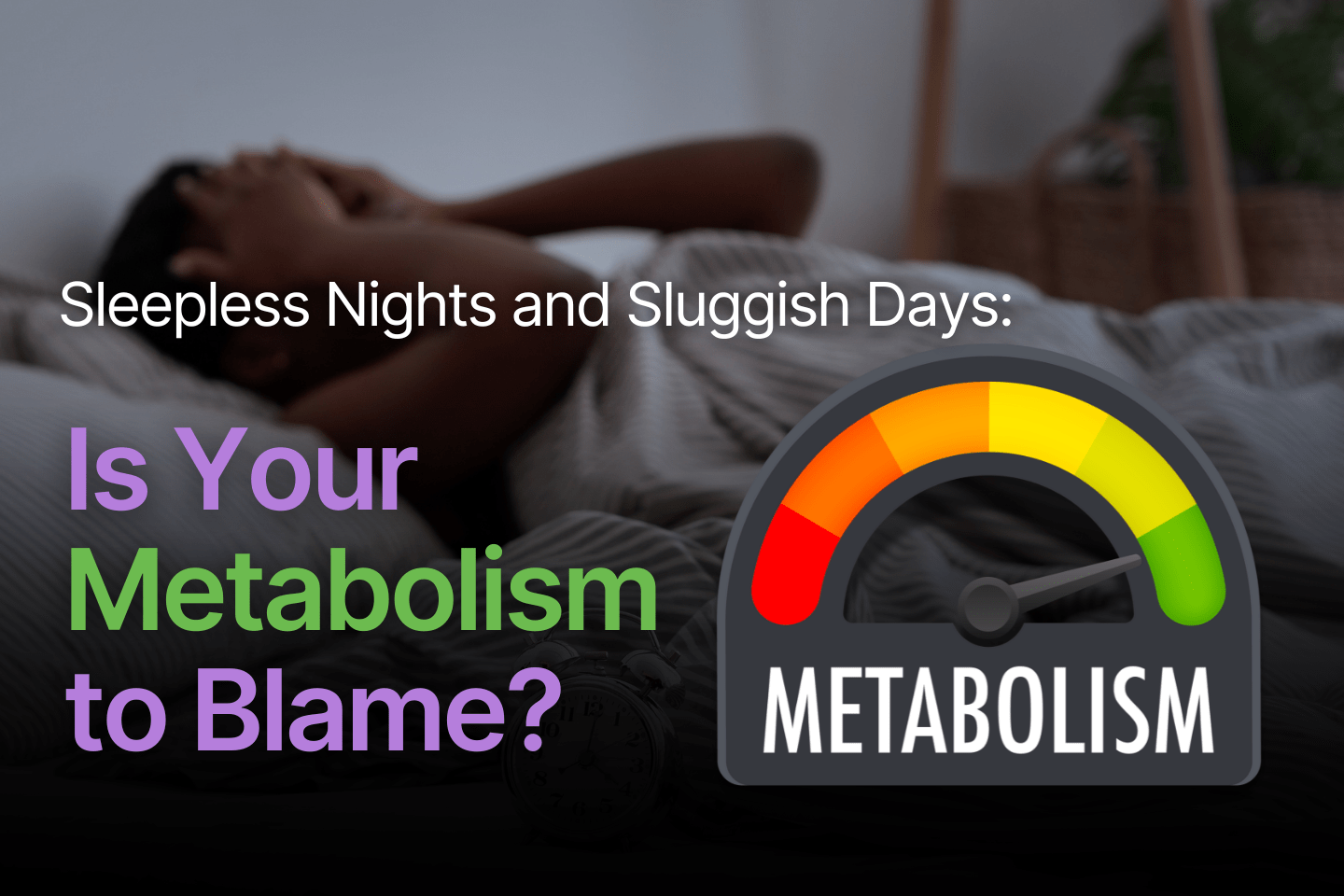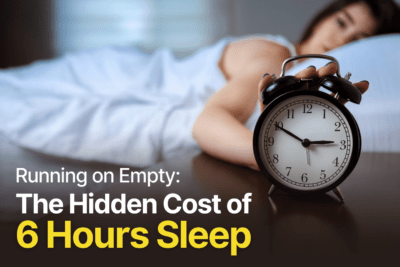
Sleep and Metabolism: A Link to A Better Sleep in 2024
Sleep and Metabolism: A Link to A Better Sleep in 2024
When we think about a good night’s sleep, we often consider factors such as comfort, stress levels, and a consistent bedtime routine. However, did you know that your metabolic state directly influences the quality of your sleep? Yes, it’s true – the intricate dance between sleep and metabolism can profoundly impact your energy, mood, and overall health. So, let’s dive into how metabolic issues might be the silent sleep disruptors you never knew about.
The Connection Between Sleep and Metabolism
Sleep and metabolism are more intertwined than you might realize. Metabolic processes thrive on a delicate balance, and sleep is a critical period for the body to conduct repairs, balance hormone levels, and manage energy stores. So, what happens when this balance is thrown off?
Here’s the scoop:
- Insulin Sensitivity: Insomnia can make insulin less sensitive, which affects the hormone that controls blood sugar. Maintaining normal blood sugar levels may make you feel tired, and you may turn to sugary snacks for a quick energy boost.
- Hormone Havoc: Inadequate sleep can cause a hormonal imbalance, which can cause Leptin and Ghrelin, the hormones that signal hunger and satiety, to go awry. As a result, you might find yourself craving calorie-dense foods and overeating, further complicating metabolic efficiency.
- Cortisol Conundrum: Stress hormone cortisol levels also rise with poor sleep. Elevated cortisol can prompt the body to store fat, particularly around the midsection, and can trigger metabolic concerns.
- Thyroid Function: Your thyroid, a key regulator of metabolism, might also become sluggish when you’re running low on rest. This can lead to a slowdown of metabolic activity overall, making you feel more tired and less likely to engage in physical activity.
What Can We Do About It?
At BPS Medical, we understand the biopsychosocial approach to health, which means we know that addressing the biological aspects of your well-being, like metabolism, is just as important as looking after your psychological and social health. So, here are some tips to consider:
- Mindful Eating: Pay attention to what and when you eat. A balanced diet low in sugar and fiber can bolster metabolic health and improve sleep quality.
- Regular Exercise: Physical activity helps regulate your body’s metabolic processes and can contribute to more restful sleep.
- Stress Management: Deep breathing, meditation, and even neurofeedback treatment can help lower stress, improve the quality of sleep, and speed up the metabolism.
- Consistent Sleep Routine: Prioritize a consistent sleep schedule to help regulate your body’s internal clock, which is closely related to metabolic health.
- Medical Evaluation: If you’re struggling with sleep and suspect a metabolic issue, don’t hesitate to reach out for a professional assessment.
Remember, sleep is a critical factor in metabolic health, and vice versa. Taking steps to improve one can positively impact the other – bringing you closer to optimal health and a better quality of life.
Rest Easy, Knowing the Facts
With this knowledge of how closely sleep and metabolism are connected, you can take control of your health from a new angle. By adjusting your habits and being mindful of your body’s needs, you could see improvements in your energy, mood, and overall health. So, don’t underestimate the power of a good night’s sleep – it’s truly a metabolic marvel.
Sweet dreams… and a stable metabolism!
References:
- Sharma, S., & Kavuru, M. (2010). Sleep and Metabolism: An Overview. International Journal of Endocrinology, 2010, 1-12. International Journal of Endocrinology
- Beccuti, G., & Pannain, S. (2011). Sleep and obesity. Current Opinion in Clinical Nutrition and Metabolic Care, 14(4), 402-412. PubMed
- Spiegel, K., Leproult, R., & Van Cauter, E. (1999). Impact of sleep debt on metabolic and endocrine function. The Lancet, 354(9188), 1435-1439. The Lancet
- Mullington, J. M., Chan, J. L., Van Dongen, H. P., et al. (2003). Sleep loss reduces the diurnal rhythm amplitude of leptin in healthy men. Journal of Neuroendocrinology, 15(9), 851-854. Journal of Neuroendocrinology









